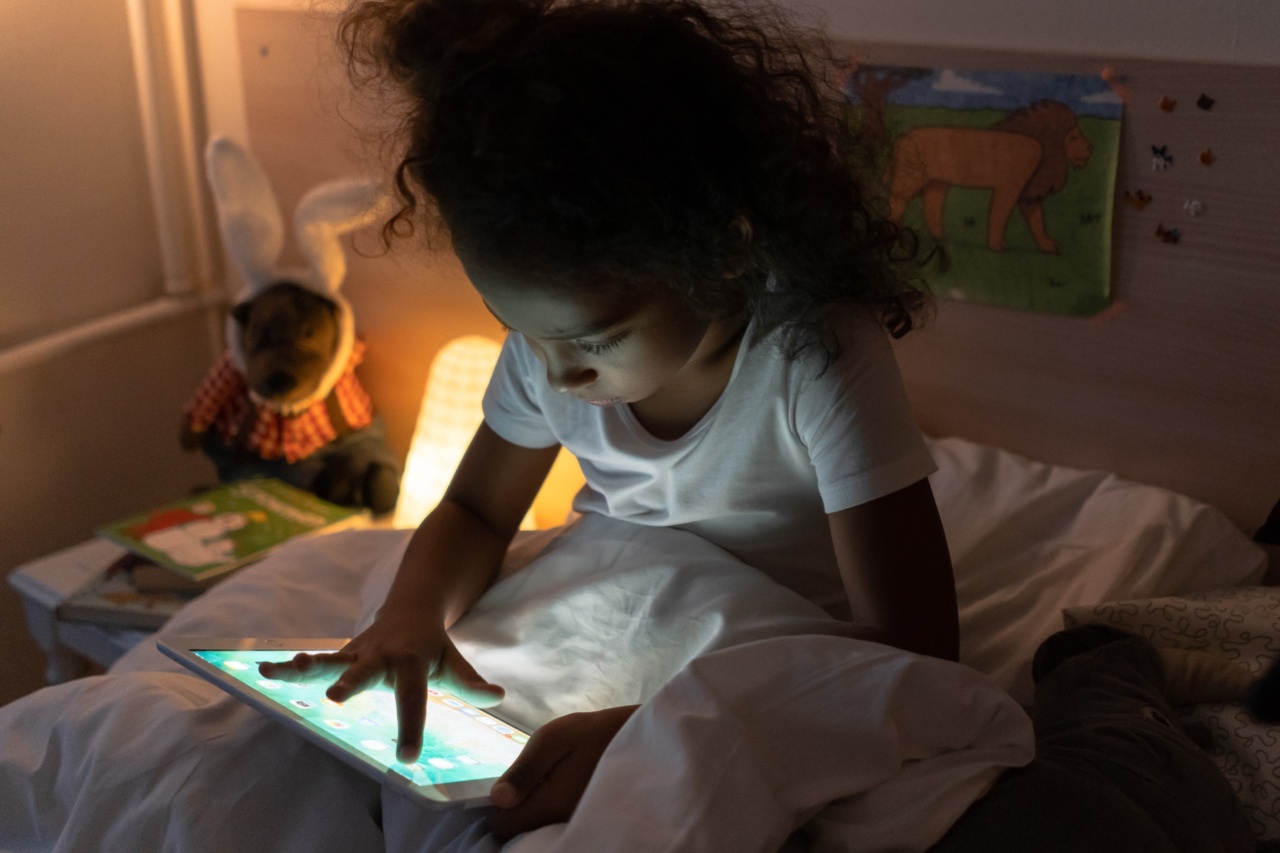In this digital age, smartphones and tablets have become an indispensable part of our lives. These devices have made our lives easier, but on the other hand, they have also brought some serious problems, especially for children.
One of the most significant problems is the adverse impact of smartphones and tablets on children’s sleep.
Why Do Smartphones and Tablets Keep Kids Up at Night?
According to the National Sleep Foundation, exposure to the blue light emitted by electronic gadgets such as smartphones and tablets inhibits the production of melatonin, a hormone that plays an essential role in regulating sleep.
When melatonin levels are low, it’s more challenging to fall asleep, and even if your child does fall asleep, the quality of the sleep they get is lower, leading to exhaustion, irritability, and a lack of focus during the day.
Another reason why smartphones and tablets keep kids up at night is that they tend to stimulate the brain.
Games, social media apps, and other distractions on these devices keep children’s brains active, making it difficult for them to wind down and fall asleep.
The Negative Effects of Sleep Deprivation in Children
It’s hard to overestimate the importance of sleep, particularly when it comes to children. Here are some of the negative effects of sleep deprivation in children:.
- Poor academic performance: Lack of sleep can impair a child’s cognitive abilities, making it harder for them to concentrate, remember information, and perform well at school.
- Depression and mood swings: Sleep is crucial for emotional regulation in children, and lack of sleep can lead to mood swings and even depression.
- Obesity: Lack of sleep can lead to an increase in appetite and a decrease in metabolism, increasing the risk of obesity in children.
- Behavioral problems: Children who don’t get enough sleep may become hyperactive, aggressive, or irritable.
- Increased risk of accidents: Sleep deprivation can lead to drowsiness during daytime hours, which can lead to accidents involving children.
What Can Parents Do?
The good news is that there are things parents can do to help their children sleep better. Here are some tips:.
Set Limits on Device Usage
Parents should establish rules regarding device usage in the evening. The American Academy of Pediatrics recommends that children do not use electronic devices like tablets or smartphones in the hour before bedtime.
Furthermore, parents should set limits on device usage throughout the day, promoting physical activity, outdoor play, and face-to-face social interaction, which can all promote better sleep hygiene.
Create a Sleep-Inducing Bedroom Environment
It’s essential to create a bedroom environment that’s conducive to sleep. The room should be dark, quiet, and cool, and bed linens should be comfortable. It’s also a good idea to remove electronic gadgets from the bedroom altogether.
Establish a Consistent Bedtime Routine
Children thrive on routines. Establishing a consistent bedtime routine that includes a warm bath, reading a book, or a relaxing quiet activity before turning out the lights can help your child wind down and promote better sleep habits.
Teach Good Sleep Hygiene Principles
Parents should educate their children about good sleep hygiene principles.
For instance, emphasizing the importance of avoiding caffeine, avoiding irregular sleep patterns, and establishing a sleep-promoting routine can all help promote healthy sleep habits.
The Bottom Line
In conclusion, smartphones and tablets are an essential part of our daily lives, but they can also affect our children’s sleep quality, which in turn, can lead to a range of negative consequences.
Parents should take steps to limit their children’s device usage, create a sleep-inducing bedroom environment, establish a consistent bedtime routine, and educate their children about good sleep hygiene principles. By doing so, they can help ensure that their children get the sleep they need to grow and thrive.






























